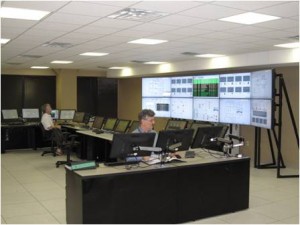THETA pictured in Argonne National Laboratory’s METL lab. (Photo: ANL)
The Thermal Hydraulic Experimental Test Article (THETA) at Argonne National Laboratory is now operating and providing data that could support the licensing of liquid-metal fast reactor designs by validating thermal-hydraulic and safety analysis codes. The new equipment has been installed in Argonne’s Mechanisms Engineering Test Loop (METL), and its first experiments are supporting data validation needs of Oklo, Inc., by simulating normal operating conditions as well as protected and unprotected loss-of-flow accidents in a sodium-cooled fast reactor.
Pictured from left to right: John Tappert, NRC; Jonathan Rowley, NRC; Jacob Zimmerman, NRC; Matthew Bartlett, NRC; Tim Beville, DOE; Jennifer Wheeler, TRISO-X; John Lubinski, NRC; Pete Pappano, TRISO-X; Jill Caverly, NRC; and Shana Helton, NRC. (Photo: X-energy)
An artist's rendition of Oklo’s Aurora powerhouse. (Image: Gensler)
The Nuclear Regulatory Commission has denied “without prejudice” Oklo Power’s application to build and operate its Aurora microreactor in Idaho, the agency announced yesterday. The denial, according to the NRC, is due to the California-based firm’s failure to provide sufficient information on several crucial topics regarding the Aurora design.
Artist’s conception of Oklo’s Aurora powerhouse. (Image: Gensler)
Aerial view of the Morris Operation in Illinois. (Image: GE Hitachi)
The Nuclear Regulatory Commission has begun its review of GE Hitachi’s application to renew the license of its Morris Operation, the spent nuclear fuel storage facility in Grundy County, Ill. Notice of the 20-year license renewal application, along with an opportunity to request a hearing or petition for leave to intervene by August 30 was published in the June 30 Federal Register.
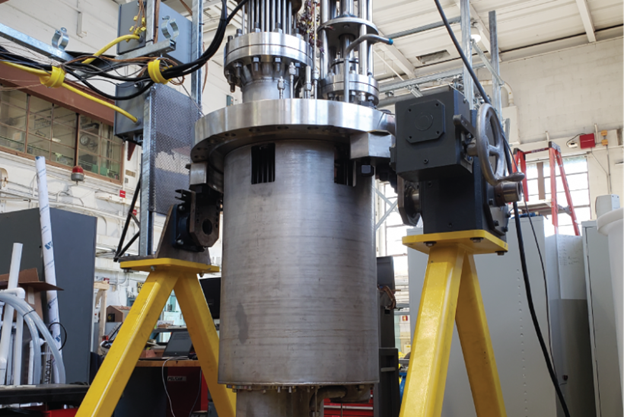



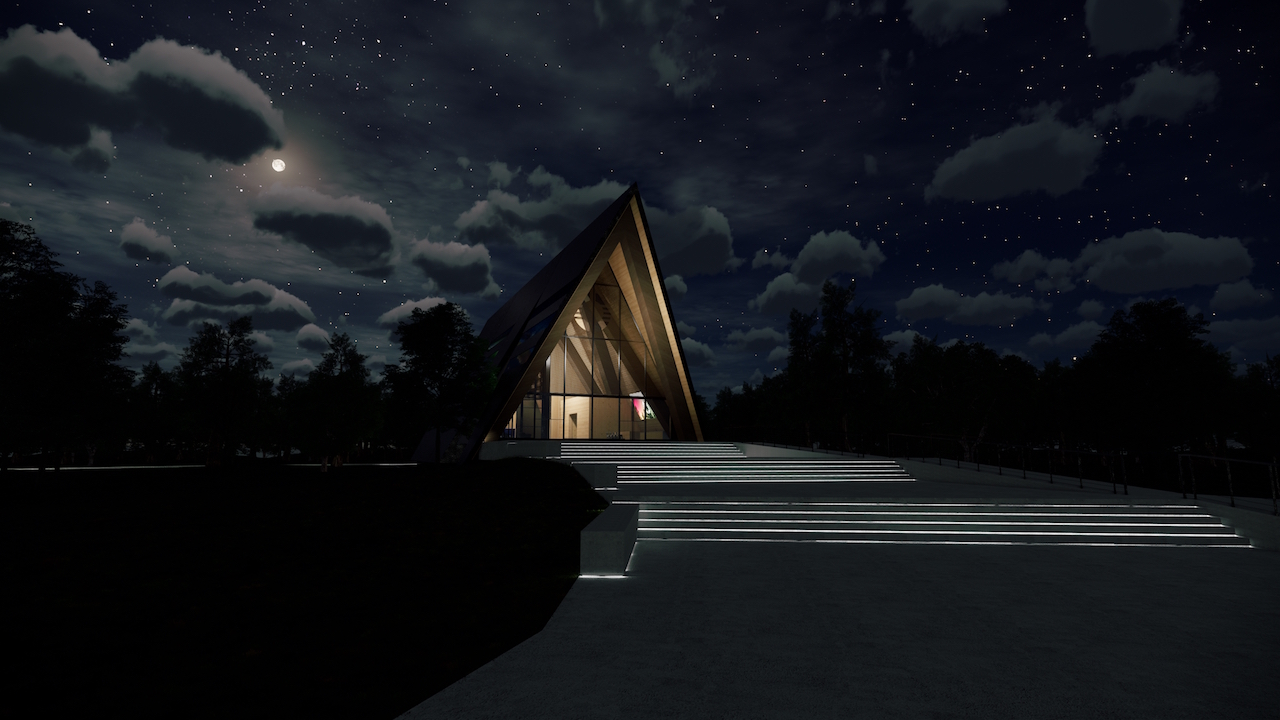
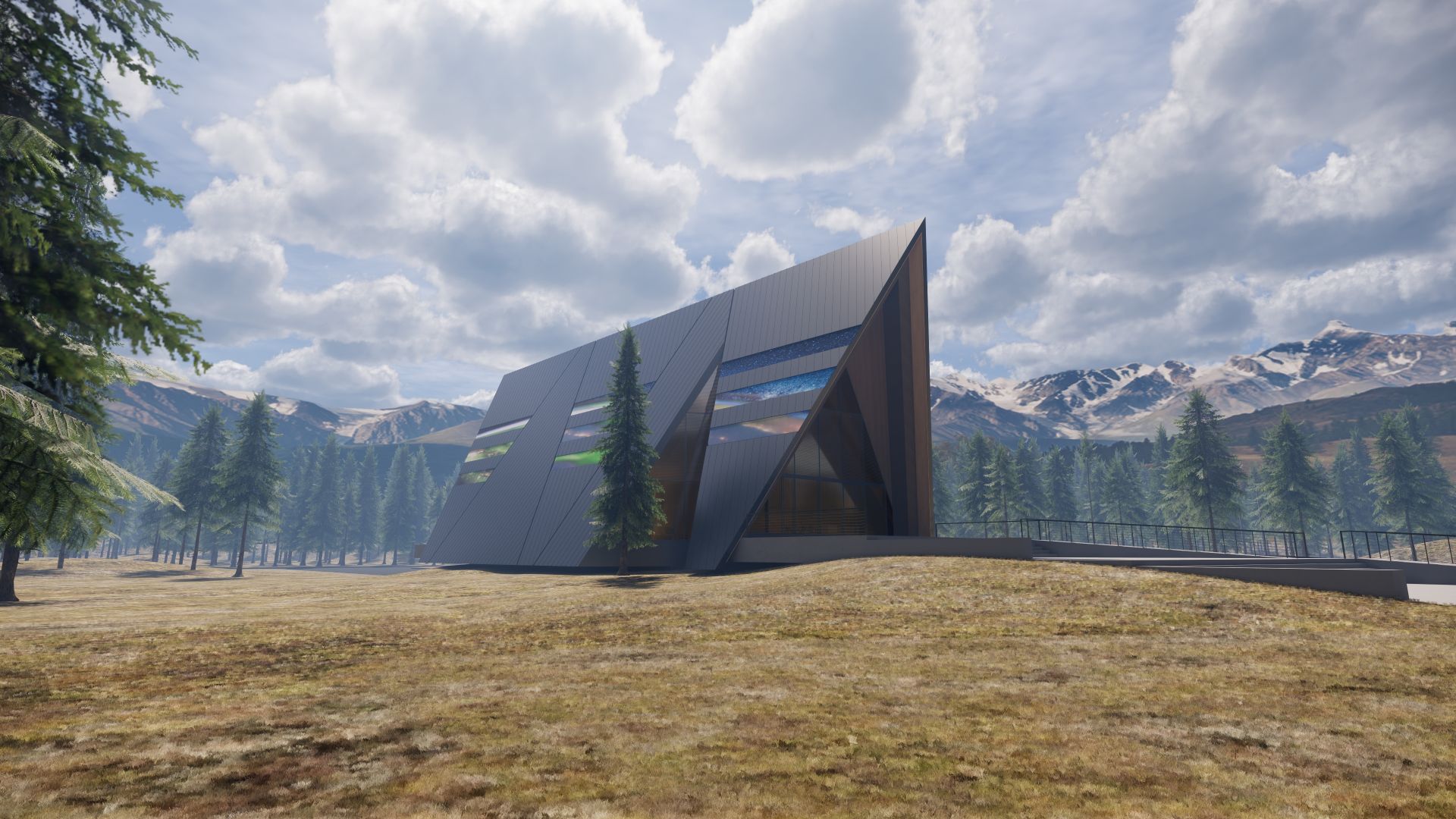
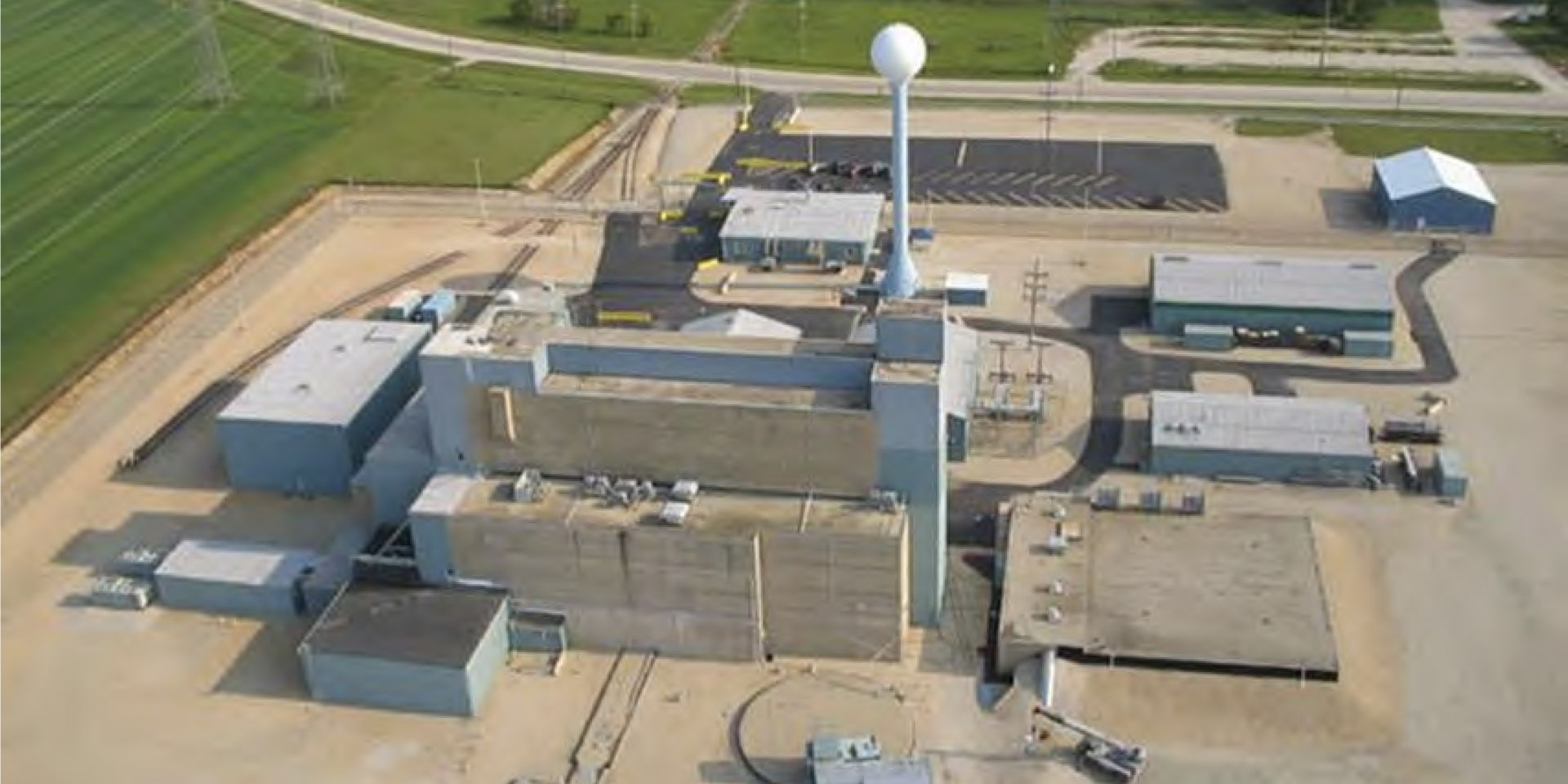 2x1.jpg)
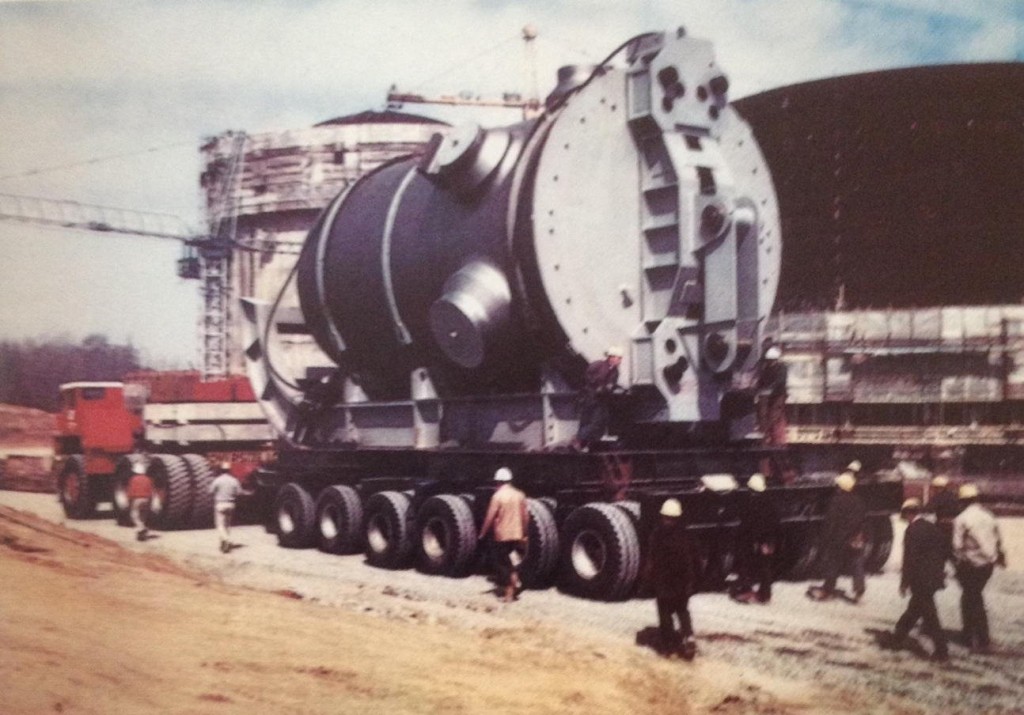
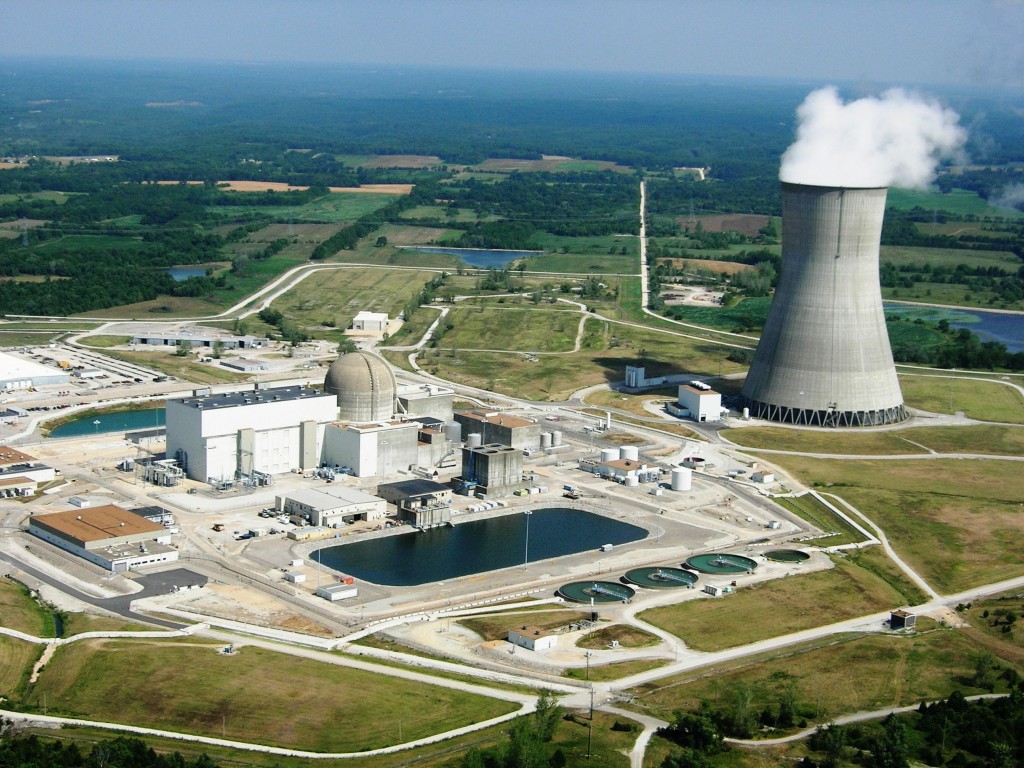
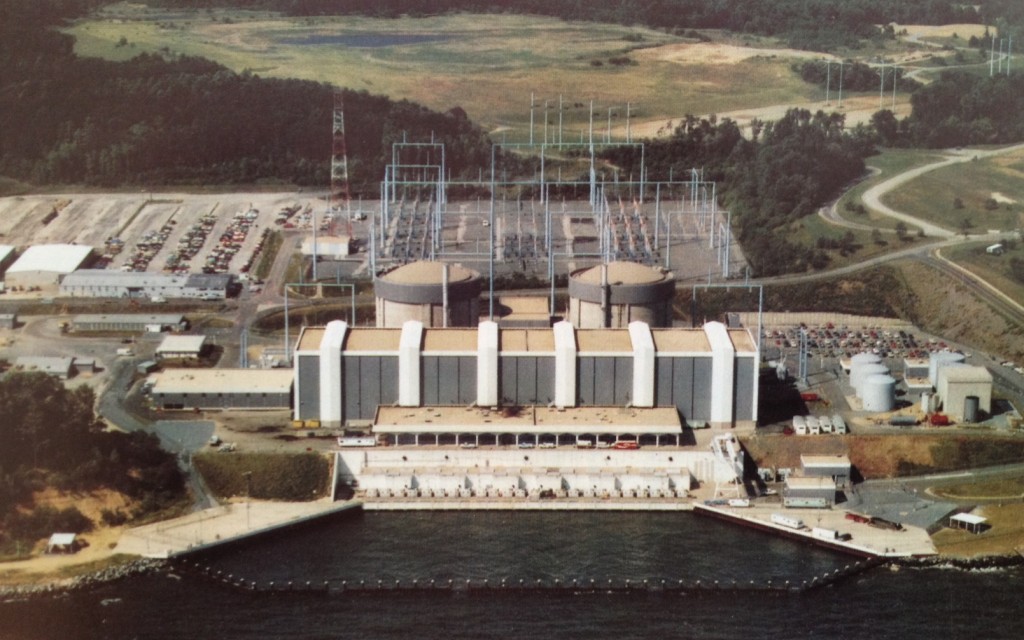
 Shortly after 11 a.m. on Tuesday, May 7, 2013, the operators at Dominion Resources' Kewaunee nuclear power plant opened its output breaker, disconnecting the turbine generator from the grid for the last time after just under 40 years of operation. Shutdown of the reactor followed, and the plant entered what for some is an uncertain (even if pre-ordained) future-a long-term storage period, followed eventually after many years by the complete dismantling and removal of the plant.
Shortly after 11 a.m. on Tuesday, May 7, 2013, the operators at Dominion Resources' Kewaunee nuclear power plant opened its output breaker, disconnecting the turbine generator from the grid for the last time after just under 40 years of operation. Shutdown of the reactor followed, and the plant entered what for some is an uncertain (even if pre-ordained) future-a long-term storage period, followed eventually after many years by the complete dismantling and removal of the plant.
 Several important events have recently occurred involving the U.S. Nuclear Regulatory Commission, the Yucca Mountain nuclear waste repository, and the interactions between the two.
Several important events have recently occurred involving the U.S. Nuclear Regulatory Commission, the Yucca Mountain nuclear waste repository, and the interactions between the two.